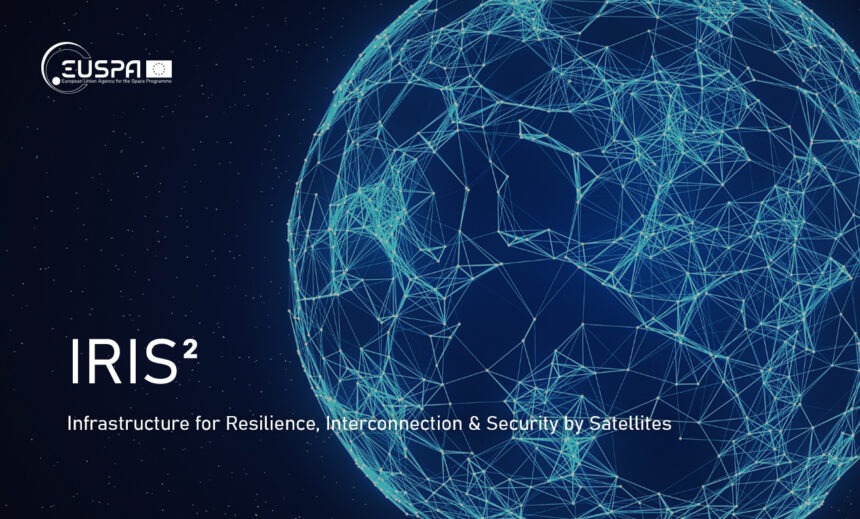Move over, Starlink! The European Union is building its own satellite network called IRIS2, attempting to provide secure satellite internet across the continent. But while it sounds like an immediate rival to Starlink, IRIS2’s timeline stretches into the early 2030s before it will fully launch.
So, what’s the plan? Why is the EU investing billions in this network?
What’s Happening & Why This Matters
The EU has signed a contract with a coalition of European satellite companies — including SES SA, Eutelsat, and Hispasat — to build IRIS2, a network of 290 satellites. The budget for this ambitious project? Estimated at over €10 billion (about $10.8 billion). While that’s no small investment, it’s notably fewer satellites than Starlink’s 6,000, so the EU’s approach is more conservative in scale.

The Timeline: 2030 and Beyond
The EU initially targeted IRIS2 limited operations by late 2024 and a fully operational phase by mid-2027. However, delays, higher-than-expected costs, and project disagreements have pushed back these targets. The current expectation is that IRIS2 will provide government-level satellite connectivity by 2030 with full operational status by the early 2030s.
While the EU is putting significant resources into IRIS2, funding is only secured until the end of 2027. This means the EU may need to negotiate additional financial support to keep the project on-track. Critics argue that with Starlink already available, the investment in IRIS2 may be redundant. However, EU leaders emphasize the importance of having an independent European network that doesn’t rely on SpaceX or could be influenced by foreign actors.
Reliance on Starlink, especially given Elon Musk’s control and recent controversies, has raised concerns. Musk’s decisions, such as restricting Starlink’s use in Ukraine’s military operations, have left EU leaders eager for a homegrown option. IRIS2 promises secure, EU-controlled connectivity, allowing member states to bypass external dependencies for crucial communication channels .
TF Summary: What’s Next
IRIS2 is the EU’s approach towards connectivity sovereignty, though it comes with a hefty price tag and a lengthy timeline. IRIS2’s success hinges on additional funding and cooperation amongst EU member states. Once launched, IRIS2 will offer a secure alternative to Starlink. A truly independent IRIS2 means accessibility for all, governance the EU, and autonomy from foreign corporations.
TF Europe ponders, can the EU invent a better mouse trap than Musk’s Starlink? Let’s see what 2025 brings….
— Text-to-Speech (TTS) provided by gspeech


